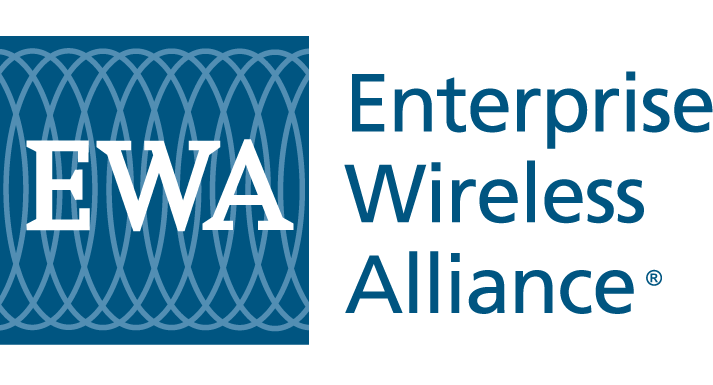Potentially an 800 MHz Mess - FCC Denies Request in a Single Day
On January 12, the LMCC requested the FCC to extend the “Pre-coordination” and “FCC Application” filing deadlines by 120 days for Expansion Band (EB) and Guard Band (GB) spectrum in NPSPAC regions where the 800 MHz band Reconfiguration process rebanding has been completed. These dates were announced as January 13, 2015, and February 10, 2015. (See related story below.) This extension would have allowed the FACs time to finalize a Memorandum of Agreement (MOA) necessary to accommodate instances of mutually-exclusive applications, a very real possibility, given that over three hundred applications have been filed pursuant to the “Pre-Coordination” date seeking nearly 1,500 800 MHz channels. However, on January 13, 2015, the FCC denied the LMCC’s request stating, “[W]ithout evidence of potential harm, we are unable to conclude that the LMCC has satisfied the stay criteria.”
In a separate letter submitted on January 13, 2015, EWA suggested further to the FCC that without a dedicated MOA governing the Expansion Band and Guard Band, any applications for those channels submitted to the FCC for processing would be defective since it would have been impossible to coordinate them without an MOA in place. Perhaps hoping that there will not be any MXed applications, the FCC has not responded to EWA’s letter with the same pace as it did responding to the original LMCC letter. We doubt that will respond at all at this point. The LMCC will be meeting on January 29th to potentially address this issue.
Of note, when the FCC announced the availability of this spectrum, they specifically stated specifically, “… we may impose a temporary freeze on the acceptance of Expansion and/or Guard Band applications in the event there is an inordinately large number of applications that would compromise the availability of adequate spectrum resources for applicants with bona fide intentions to offer service.”
EWA is unsure whether the FCC will follow its own advice.
